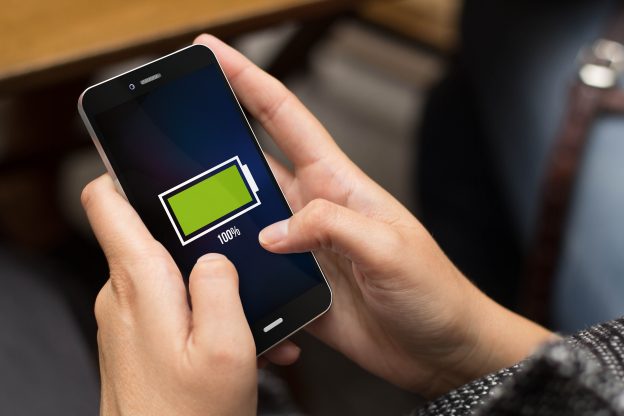Renewable energy news websites have reported that SN Aboitiz Power Group (SNAP Group), which is a joint venture between Scatec from Norway and Aboitiz Power (AP) from the Philippines, have awarded an EPC contract to Japan’s Hitachi Energy for the installation of a 20MW/20MWh battery energy storage system (BESS) at the Magat hydroelectric dam.
Norway-listed Scatec is a well-known developer of renewable energy projects. As for AP, it is the largest power distributor in the Philippines and holds a market share of 21%. SNAP Group was originally formed by AP and SN Power, which is another Norwegian renewable energy company. Scatec acquired the stake in the joint venture after absorbing SN Power in 2021. SNAP Group is currently the largest private hydropower company in the Philippines with an operating generation capacity of 642MW and a median production of 810GWh.
The EPC contract was signed on March 25. The BESS is expected to enter operation in 2024 and play a supporting role to the hydroelectric dam, which is located in Isabella Province (Luzon). AP is also developing 11 other battery energy storage projects. In total, AP has a 10-year pipeline for battery energy storage projects with a total capacity of 248MW. The value of its energy storage portfolio has reached around US$1 billion, and the company has placed orders with system integrators including Fluence, Wärtsilä and ABB. The first of these projects is a 49MW BESS installed on an oil barge floating off the coast of the municipality of Maco (the Province of Davao de Oro). It is scheduled to enter operation this year.
The inking of the contract is an indication that the final investment decision has been made. However, AP told Business World and other news outlets that pre-construction activities such as site survey and basic engineering design were already completed in 2021. The construction phase is now set to start this April.
Joseph Yu, president and CEO of SNAP Group, said that BESS will help his company’s ambition of bringing about a future powered by renewables, and he also thanked the financial institutions that back the project. The Bank of the Philippine Islands and China Banking Corporation are going to provide the financing for the project.
AP announced via press releases in October last year and January this year that the Magat BESS will have a storage capacity of 20MW/20MWh and provide one-hour discharge. Its scale can be further expanded to 24MW. The press releases also stated that the BESS will be purposed for ancillary services and dispatching power to the grid during periods of peak demand.
In addition to the hydroelectric dam, the BESS could store power from other potential renewable energy projects such as a floating PV array on the reservoir. Also, the National Grid Corporation of the Philippines plans to upgrade the Magat-Santiago transmission line so that the hydroelectric dam, BESS, and potential floating PV array will be able to fully dispatch their power.
Torbjørn Elliot Kirkeby-Garstad, Scatec’s general manager for Southeast Asia, said that the Magat BESS is the first of several major initiatives that his company is going to undertake in the Philippines. He also added that the country is an important and promising market for renewables.
Scatec aims to have 15GW of renewable generation capacity in development or operation by the end of 2025. AP’s target is to reach a total generation capacity of 9.2GW by 2030. Renewable generation assets will account half of the total, and thermal generation assets will make up the other half. However, AP has announced a moratorium on new coal-fired power plants and is working with the International Finance Corporation (under the World Bank) on decarbonizing its portfolio.
The government of the Philippines wants to install around 20GW of renewable generation capacity by 2040. In terms of the share of renewables in the country’s power generation, the targets for 2030 and 2040 are 35% and 50% respectively.







